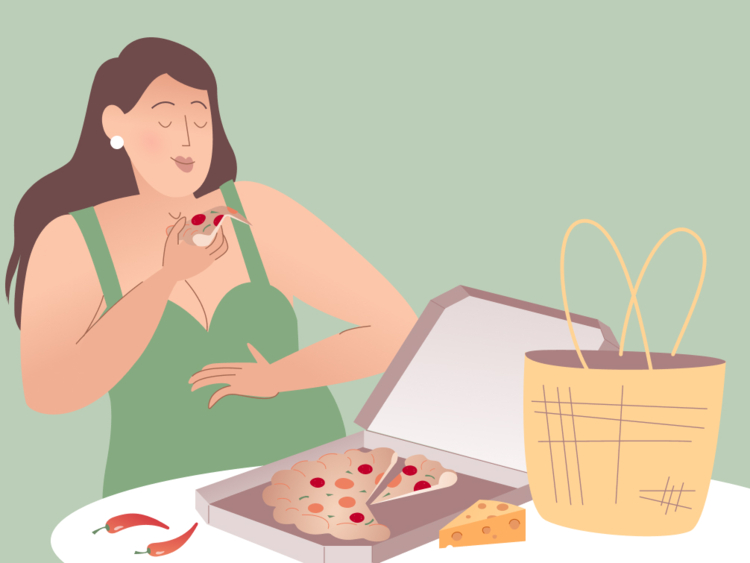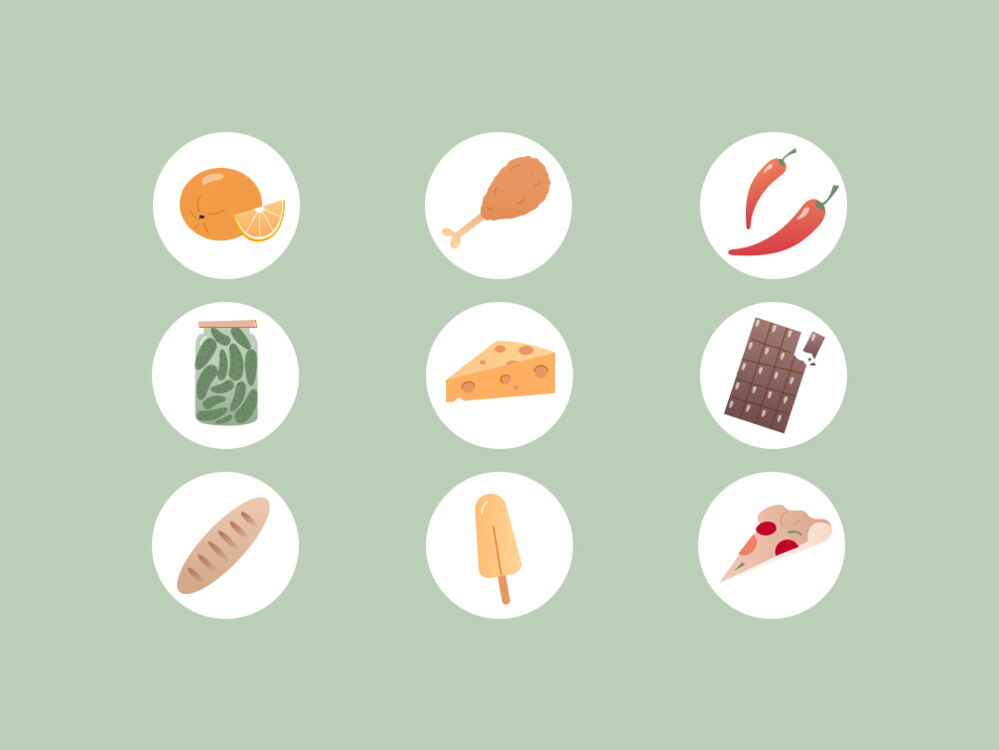Have you discovered a sudden desire for pickles and a pint of ice cream during your pregnancy, even though these foods have never been your go-tos before? If so, you are not alone. Welcome to the weird and wonderful world of pregnancy cravings!
But what exactly is a food craving? If you’re experiencing a strong urge to eat a specific type of food and finding it very hard to resist that desire, you’re probably experiencing a craving. But we don’t just get cravings during pregnancy. In fact, studies show that 68% to 97% of college-aged men and women reported experiencing food cravings.
So why do we experience cravings during pregnancy, and what are some of the most common pregnancy food cravings? Here, we break down the research and speak to registered dietician Marcela Fiuza to uncover everything you need to know about pregnancy cravings, including a pregnancy cravings list of the most commonly craved foods.


